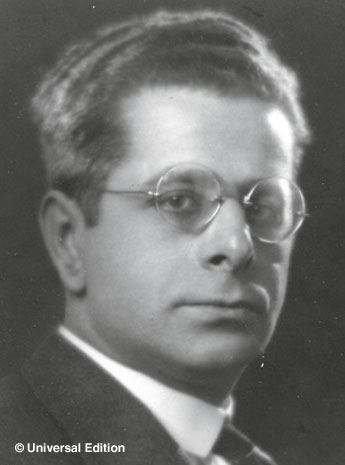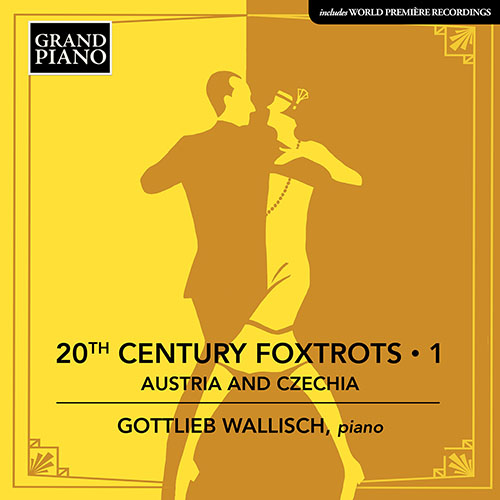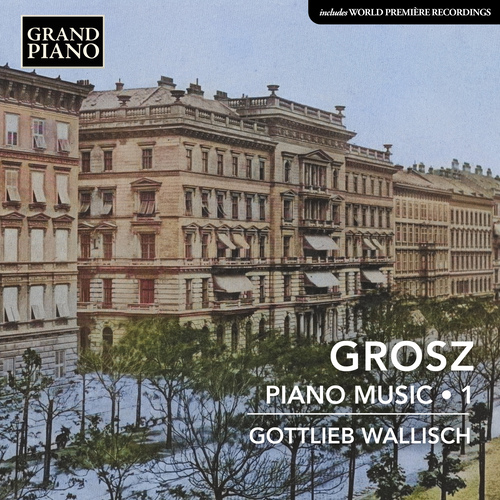
Wilhelm Grosz (1894 - 1939)
Wilhelm Grosz, who came from a wealthy Jewish family, received his musical training in Vienna from Franz Schreker (composition), Richard Robert (piano, conducting, composition), Der Opernball composer Richard Heuberger (composition ), Robert Fuchs (piano, composition) and Guido Adler (musicology).
Among his fellow composers, Grosz was probably one of the most versatile talents in a universalist sense. His compositional oeuvre covered almost all musical genres: symphonic, opera, operetta, chamber music, song, cabaret, stage, film and radio music (radio operetta), pop songs and works for solo piano. He not only appeared as a composer and pianist, but also as a conductor, arranger, orchestrator, recording director, ‘talent scout’, publicist and musicologist. From mid-1938 onwards, the growing fear of war in England led Grosz to make plans to follow the call of his school friend Erich Wolfgang Korngold and take the plunge across the Atlantic with his wife in May 1939. Further songs were written for the New York Irving Berlin Music Company in collaboration with the well-known US songwriter Sam Coslow, which were recorded by Glenn Miller & His Orchestra, among others. Grosz died on 10 December 1939.



 Grand Piano has gained a reputation for producing high quality recordings of rare keyboard gems. Dedicated to the exploration of undiscovered piano repertoire, the label specialises in complete cycles of piano works by many lesser-known composers, whose output might otherwise have remained unknown and unrecorded.
Grand Piano has gained a reputation for producing high quality recordings of rare keyboard gems. Dedicated to the exploration of undiscovered piano repertoire, the label specialises in complete cycles of piano works by many lesser-known composers, whose output might otherwise have remained unknown and unrecorded.






